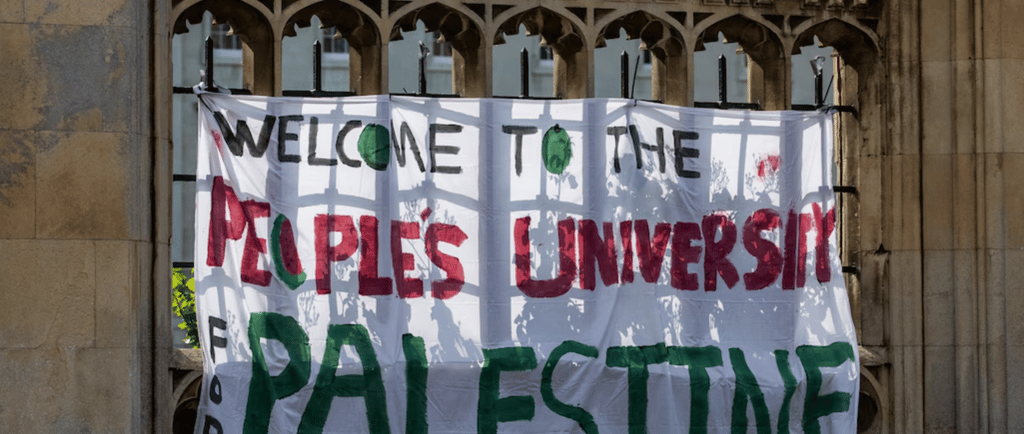United States: How Student Movements Are Redrawing the Boundaries of Academic Conscience
Students are increasingly pressuring universities in the US to align their investments with ethical principles, challenging institutions not only on curriculum but also on financial ties to industries like fossil fuels and arms manufacturing. These student-led movements raise a critical question: will they fundamentally redefine higher education's moral compass, or will they succumb to political and financial resistance?
UNITED KINGDOMUNITED STATES
Raymond Puentes
6/2/20252 min read


Historically, university endowments and research funding have been managed with an emphasis on financial return and academic freedom, often without explicit consideration of the ethical implications of the funding sources. However, recent student movements have challenged this paradigm. Students are increasingly demanding that universities align their financial practices with moral and ethical principles, specifically advocating for divestment from industries perceived as harmful or complicit in human rights abuses. This shift represents a redefinition of academic power structures, where the influence of student bodies on institutional financial decisions is becoming increasingly pronounced.
Student activism has manifested through various methods, including organized protests, sustained lobbying, and formal petitions to university administrations and governing bodies. These efforts have directly resulted in tangible changes in institutional investment policies. For example, the University of Cambridge implemented a moratorium on new fossil fuel research contracts in 2024 following extensive campaigning. Similarly, Harvard University committed to divesting its substantial endowment from fossil fuel holdings by 2030. A significant instance of this influence is King's College Cambridge's decision to sever financial ties with arms manufacturers and corporations implicated in illegal occupations, a direct consequence of student demands.
The ethical debate surrounding academic boycotts and divestment is complex. Scholars such as David Rodin and Michael Yudkin, writing in The Journal of Political Philosophy, discuss the Principle of Universality, which posits that academic collaboration should transcend geopolitical boundaries to foster unbiased scientific advancement. This perspective suggests that refusing engagement based on governmental actions could compromise objectivity and lead to intellectual isolation. However, these scholars also acknowledge that boycotts may be justifiable under stringent conditions: they must possess a reasonable likelihood of success, be morally necessary, and be proportionate to the wrongdoing being protested.
In the context of student-led divestment campaigns, the emphasis is often on targeting institutional affiliations and funding streams connected to systemic harm, rather than on individual scholars. This approach aims to address the causal link between financial investments and undesirable societal outcomes. The structure of these campaigns involves meticulous research into university endowment holdings and corporate relationships. The risk transmission mechanisms are therefore direct: by investing in particular industries, universities are perceived as indirectly supporting or profiting from activities that contradict their stated values or broader ethical responsibilities. The withdrawal of these investments directly impacts the financial and reputational standing of the targeted entities.
Despite the successes, these movements encounter significant opposition. Donors may threaten to withdraw financial support, and political entities may criticize such actions as naive or ideologically motivated. Legislation, such as the United Kingdom’s 2023 anti-boycott law, specifically aims to curtail public institutions from making investment decisions based on foreign policy concerns. University administrators frequently navigate a challenging terrain, balancing fiduciary responsibilities with evolving ethical considerations and the demands of various stakeholders, including alumni and current students.
Nevertheless, the trend toward ethically conscious investment appears to be gaining momentum. Data-driven approaches by student activists, coupled with the pervasive influence of digital communication, have amplified these campaigns beyond campus boundaries. Furthermore, a generational shift suggests that ethical considerations are increasingly viewed as fundamental to the purpose of higher education. When applied judiciously, and adhering to principles of proportionality and effectiveness, such divestment strategies can be seen not as impediments to academic freedom, but as mechanisms for upholding the integrity and public trust inherent in academic institutions. The responsibility extends beyond the pursuit of knowledge to include a careful evaluation of the sources that finance this pursuit.


